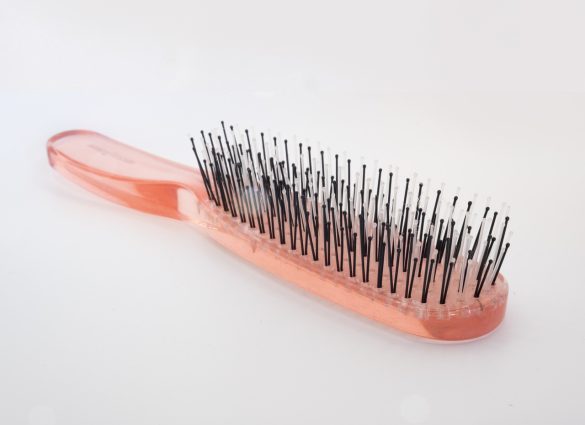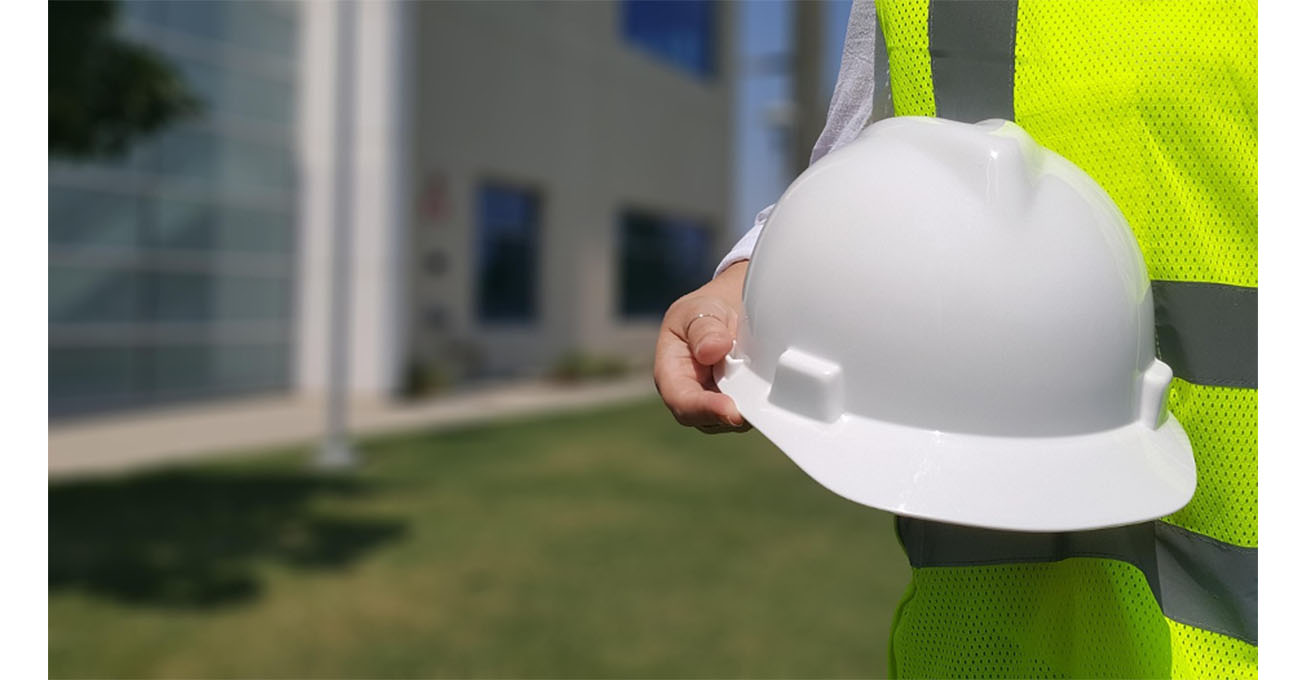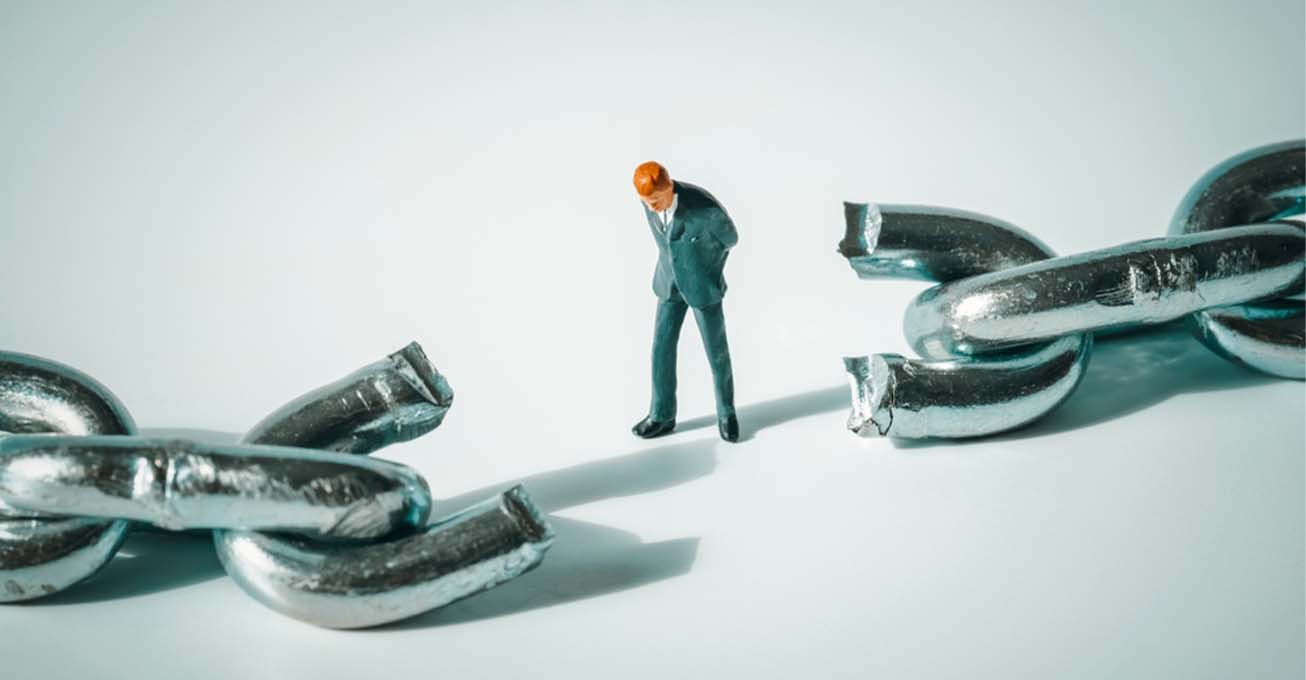
Photo Credit: Alexandra_Koch from Pixabay
Getting older often means we encounter changes, adjustments, and shifts in our bodies that serve as physical reminders of the passage of time. These reminders aren’t always welcome, especially when they affect something as integral to our identity as our hair. Our hair can undergo numerous changes – it may become thinner, lose its colour, or lose its youthful sheen – and these changes can be a source of concern or distress for many. It can be disconcerting to look in the mirror and feel that your hair isn’t reflecting the vitality you feel inside.
However, we should bear in mind that these changes are not an indication of lost beauty but a testament to our life’s journey and the wisdom that comes with age. Ageing is a natural and beautiful process that brings about these shifts, many of which are due to changes in our bodies’ hormones, metabolism, and cellular processes. These transformations require us to adapt our hair care routines to suit our hair’s changing needs.
Grey Hair
The silver strands that become increasingly prominent as we age are the result of our hair’s pigment-producing cells, or melanocytes, ceasing to function. Going grey is a natural part of ageing, and many people choose to embrace this change, wearing their silver locks as a badge of life experience and wisdom. If, however, you’re not quite ready to go grey gracefully, gentle hair dyes can help maintain your original hair colour. Complementing this with a diet rich in vitamins B12 and E can help preserve the functioning of your remaining melanocytes, potentially slowing the greying process.
Thin Hair
Among the first changes we notice in our hair as we age is a decline in density. Women often find their hair thinning after menopause due to hormonal changes, while many men experience the progression of male pattern baldness. Addressing this issue requires a two-pronged approach. Firstly, consider switching your regular hair products to those specifically designed for thinning hair. These products, which include volumising shampoos and conditioners, are formulated to thicken the hair shaft, providing an immediate boost in volume.
For more stubborn hair thinning or loss, it is a good idea to look at some of the many reputable medications available. The experts at Oxford Online Pharmacy have some great information on men’s Minoxidil for hair loss, which is a popular choice for men who want to maintain their locks.
Dry Scalp and Dull Hair
A decrease in oil production by the sebaceous glands in our scalp can lead to a dry, itchy scalp and more brittle hair. This decrease in oil production is also responsible for the loss of shine that many people experience in their hair as they age. To combat this, ensure that you are adequately hydrating your scalp and hair. Seek out shampoos and conditioners that contain hydrating ingredients such as aloe vera and coconut oil, and remember that hydration starts from within – so make sure you’re drinking plenty of water. Incorporating hair products infused with nourishing oils like argan or jojoba can help restore your hair’s natural shine and lustre. Including omega-3 fatty acids, found in abundance in fish and flaxseeds, in your diet, can also help boost your hair’s natural shine.
Split Ends and Decreased Hair Elasticity
Ageing brings with it an increased likelihood of developing split ends. This increase is due to a decline in the production of the natural oils that nourish and protect our hair. Regular trims can help manage split ends, and supplementing this with weekly deep conditioning treatments can fortify and nourish your hair, reducing further damage. Moreover, as we age, our hair loses its elasticity due to a decrease in collagen production, making it more prone to breakage. Consuming collagen-rich foods such as bone broth and fish, or taking collagen supplements, can improve hair elasticity.
Sensitive Scalp and Slow Hair Growth
Our skin’s natural protective barrier weakens as we age, which can lead to increased scalp sensitivity. This sensitivity can cause discomfort and even allergic reactions to certain hair care products. Switching to hypoallergenic hair products can alleviate this issue. Consider using shampoos and conditioners formulated specifically for sensitive skin, and remember that natural ingredients such as tea tree oil can soothe an irritated scalp.
Dandruff
Finally, dandruff can become more prevalent as we age due to changes in the pH levels of our scalp. These changes can lead to dry, flaky skin on the scalp, which manifests as dandruff. Using shampoos with active ingredients like zinc pyrithione or ketoconazole can help address dandruff. Additionally, rinsing your scalp with apple cider vinegar can balance your scalp’s pH levels, reducing flakiness and helping to keep dandruff at bay.
Summing Up
Ageing presents us with a series of hair care challenges, from thinning and greying to increased dryness and sensitivity. While it’s important to acknowledge these changes, they should not be a source of stress or self-consciousness. Understanding these changes and adapting our hair care routines accordingly can go a long way to keeping our locks looking their best regardless of age. The true measure of beauty is the grace with which we embrace the changes that life brings, and our hair is but a reflection of the vibrancy and vitality that exist within us.






